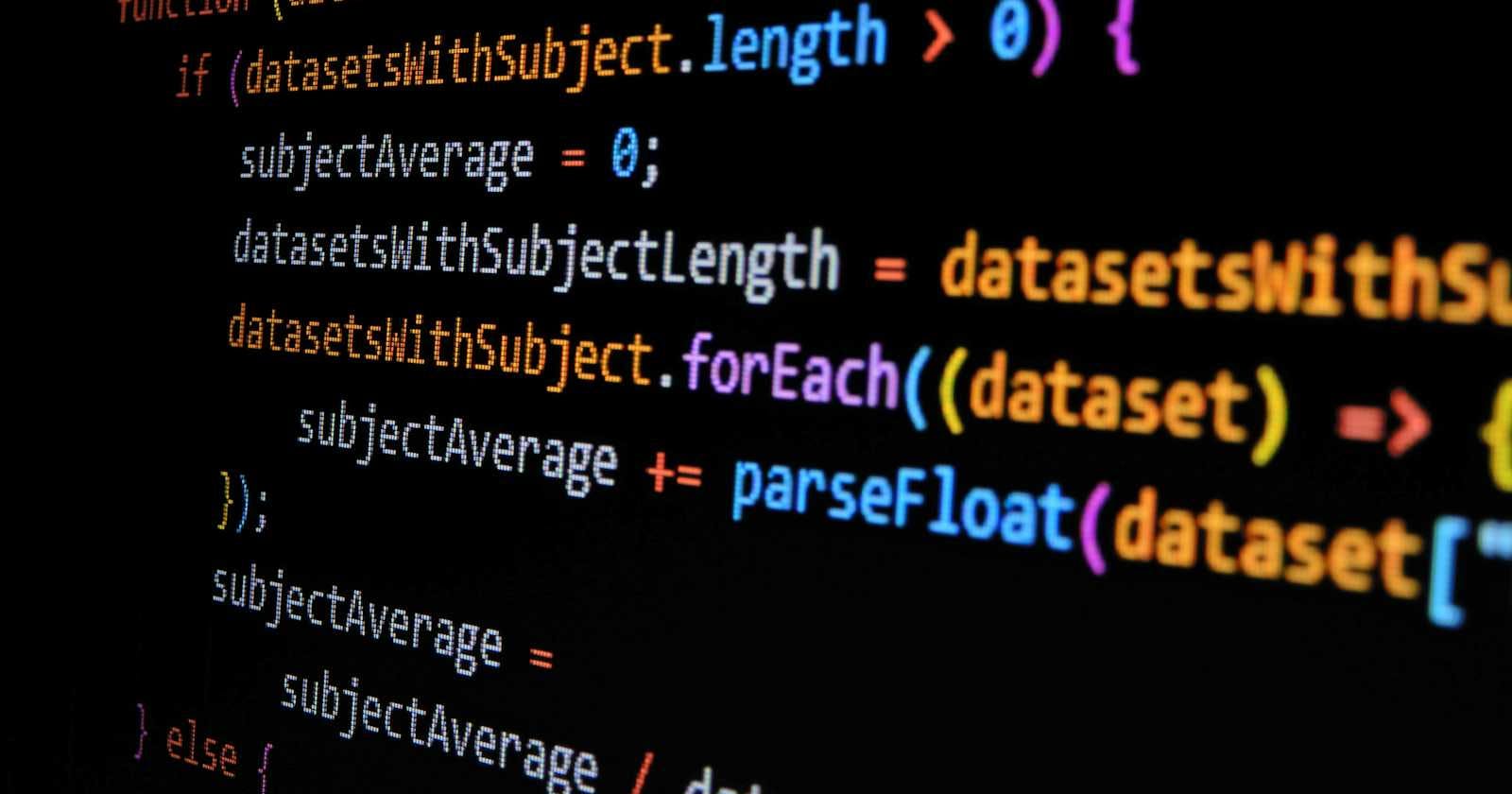In JavaScript, functions can be categorized into two main types based on their behavior: pure functions and impure functions. Understanding the difference between these two types is crucial for writing clean, maintainable, and predictable code.
Pure Functions
A pure function is a function that always produces the same output for the same input and does not have any side effects. This means that calling a pure function multiple times with the same arguments will always return the same result, and it does not change any external state or data.
Characteristics of Pure Functions:
Deterministic: Given the same input, it will always return the same output.
No Side Effects: It does not modify any external state or data.
Idempotent: Calling it multiple times with the same input will always produce the same result.
function add(a, b) {
return a + b;
}
console.log(add(1, 2)); // 3
console.log(add(1, 2)); // 3
Impure Functions
An impure function, on the other hand, can produce different outputs for the same input or can modify external state or data. Impure functions are common in real-world applications, especially when dealing with I/O operations, random numbers, or any interaction with the outside world.
Characteristics of Impure Functions:
Non-Deterministic: Given the same input, it may produce different outputs.
Side Effects: It can modify external state or data.
Non-Idempotent: Calling it multiple times with the same input may produce different results.
Example of an Impure Function:
let counter = 0;
function incrementCounter() {
counter += 1;
return counter;
}
console.log(incrementCounter()); // 1
console.log(incrementCounter()); // 2
In this example, the incrementCounter function is impure because it modifies the external state (counter) and its output changes with each call.
Why Use Pure Functions?
Predictability: Pure functions are easier to test and debug because their output is solely determined by their input.
Reusability: Pure functions can be reused in different parts of an application without worrying about side effects.
Concurrency: Pure functions are safer to use in concurrent programming because they do not modify shared state.
Understanding and using pure functions can lead to more maintainable and scalable code. However, it's also important to recognize when and where impure functions are necessary, especially when dealing with external systems or user interactions.

